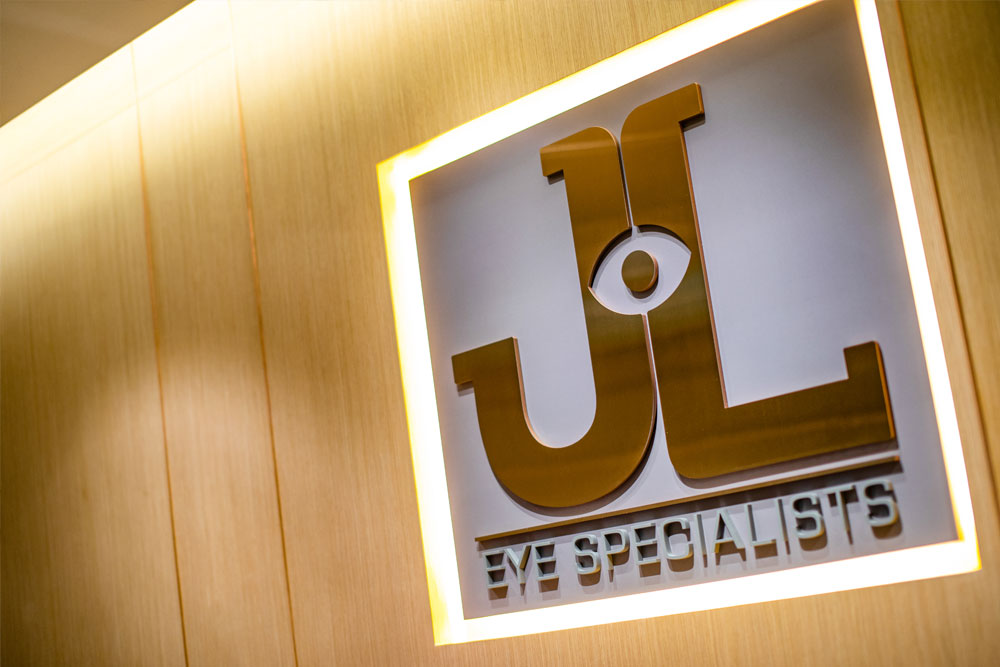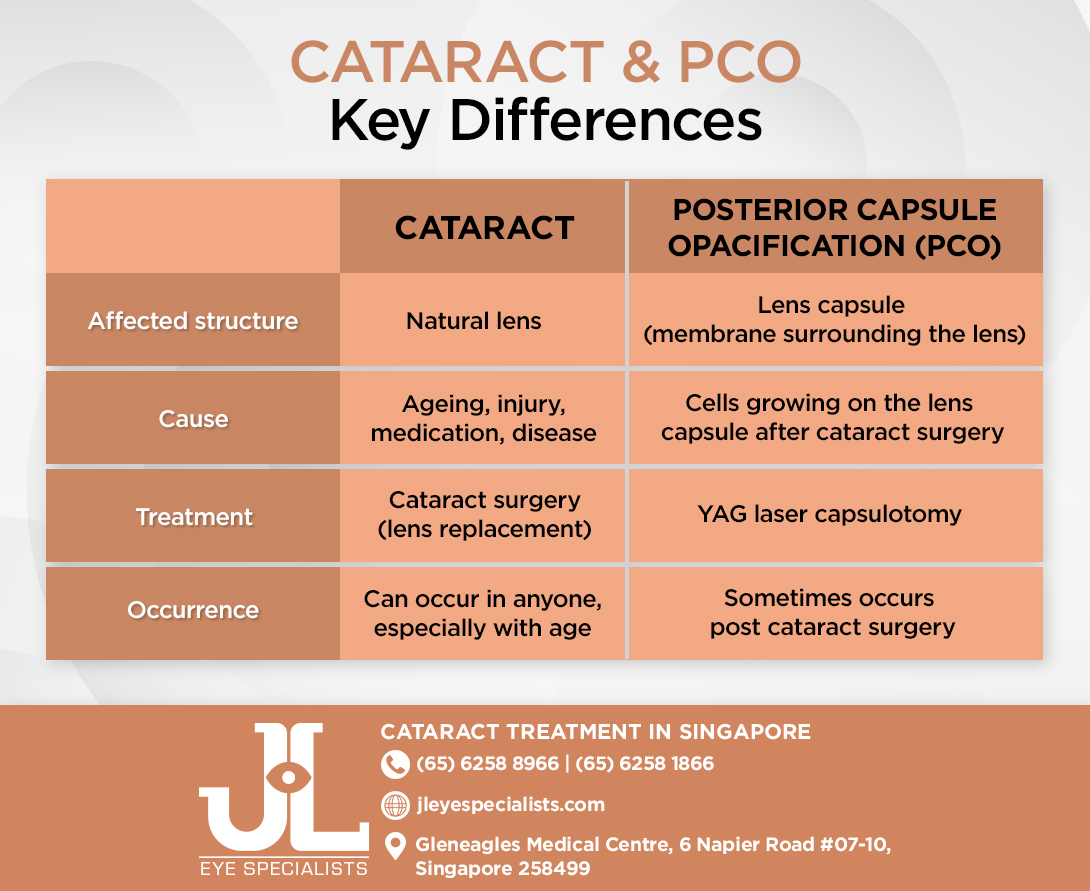Cataract Surgery: Myths, Realities, and Expectations
Many people believe that cataracts can return after surgery—a common misconception that often causes unnecessary worry among patients. In reality, once the cloudy lens is removed, the cataract itself does not grow back. However, some patients may later develop a secondary clouding of the lens capsule, a treatable condition known as posterior capsule opacification (PCO).
Cataract surgery in Singapore remains one of the safest and most effective procedures for restoring clear vision, with consistently high success rates thanks to modern technology and skilled ophthalmologists. Understanding what really happens after surgery can help you make informed decisions and set realistic expectations.
This article aims to empower you on your cataract journey by dispelling myths, explaining potential post-surgery complications, and guiding you toward selecting the most suitable cataract surgeon in Singapore to help you.
The Myth of Recurring Cataracts: Setting the Record Straight
One of the most persistent myths surrounding cataract surgery is the idea that cataracts can grow back. Let’s be clear: this is simply not true. Once the natural lens of your eye (which is where cataracts form) is removed during surgery, it cannot regenerate.
Think of it like this: during cataract surgery, the cloudy natural lens is removed, similar to removing the yolk from an egg. The lens capsule, a thin membrane that surrounds the natural lens, is left intact, much like the eggshell. This capsule serves as a support structure for the artificial lens implant (IOL).
So, if cataracts can’t return, why do some people experience cloudy vision after surgery? This is where Posterior Capsule Opacification (PCO) becomes a factor. PCO, sometimes referred to as a “secondary cataract,” is not a true recurrence of the cataract. Instead, it occurs when cells left behind during surgery grow on the lens capsule, causing it to become cloudy over time. This can interfere with light passing through to the retina, leading to blurred or hazy vision.
POSTERIOR CAPSULE OPACIFICATION: Signs & Treatment
While PCO might mimic some symptoms of cataracts, it’s crucial to understand that it’s a separate condition with a different cause and a different treatment. In fact, cataract surgery has a success rate of over 99%, both globally and here in Singapore.
Additionally, there are studies that indicate that PCO only affects approximately 20% of patients within five years of cataract surgery.
So, how can you tell if you have PCO? Be on the lookout for these telltale signs:
- Blurred or hazy vision, making it difficult to see fine details.
- Glare and halos around lights, especially bothersome at night.
- Faded or dull colours, appearing less vibrant.
- Double vision (diplopia), particularly when looking at objects up close.
If you experience any of these symptoms after cataract surgery, consult your ophthalmologist soonest. They will perform a detailed eye examination to confirm the diagnosis and rule out other potential causes.
Fortunately, PCO is easily and effectively treated with a YAG laser capsulotomy. It is an outpatient procedure that uses a highly focused laser to create a small opening in the clouded posterior capsule, allowing light to pass through unimpeded. The procedure typically takes only a few minutes to perform.
Cataract Surgeon Selection: Prerequisites for Good Outcomes
Choosing the right surgeon is a personal decision, and a crucial one for achieving optimal results and peace of mind.
Before entrusting your vision to a surgeon, it’s essential to confirm their credentials and expertise. Here’s what to look for:
- Accreditation: Verify that your surgeon is accredited by the Ministry of Health (MOH) Singapore and possesses the necessary qualifications and certifications.
- Specialisation: Choose a surgeon with specialised expertise in cataract surgery and a proven track record of successful procedures.
- Experience and Track Record: A surgeon’s experience plays a vital role in the success of your surgery. Consider these factors:
-
- Surgical Volume: Inquire about the number of cataract surgeries the surgeon performs annually. A higher volume often indicates a wealth of experience.
- Success Rates: Don’t hesitate to ask about the surgeon’s success rates and complication rates. Reputable surgeons are transparent about their outcomes.
- Patient Reviews: Seek out online reviews and testimonials from previous patients to get a sense of their experiences.
How Technology Is Continually Improving Cataract Surgery
-
Phacoemulsification
- Advances in Phaco Technology: Improved ultrasound power modulation and fluid control enhance safety and efficiency. (Source: Advances in cataract surgery – Barraquer)
-
Advanced Intraocular Lenses (IOLs):
- Multifocal and Extended Depth of Focus (EDOF) IOLs: These lenses provide clear vision at multiple distances, reducing the need for glasses after surgery. (Source: Revolutionary Advances in Cataract Surgery: Laser & IOL Innovations – Dr Simon Skalicky)
- Toric IOLs: These lenses correct astigmatism, further customising vision correction. (Source: Revolutionary Advances in Cataract Surgery: Laser & IOL Innovations – Dr Simon Skalicky)
- Adjustable IOLs: Still under development, these lenses offer the potential for postoperative adjustments to fine-tune vision. (Source: The Evolution of Cataract Surgery – PMC)
-
Improved Visualisation and Biometry:
- Advanced Biometry: Improved IOL calculation formulas enhance the accuracy of lens power selection for better refractive outcomes. (Source: The Evolution of Cataract Surgery – Space Coast Ophthalmology)
These advancements have transformed cataract surgery into a highly sophisticated and successful procedure, offering patients improved vision, faster recovery, and reduced dependence on glasses.
Cataract Surgery In Singapore
The cost of cataract surgery in Singapore varies depending on several factors, including:
- Type of IOL: Premium IOLs, such as multifocal or toric IOLs, generally cost more than standard monofocal IOLs.
- Surgical technique: Femtosecond laser-assisted cataract surgery (FLACS) may have a higher cost than traditional surgery.
- Hospital and surgeon fees: Fees can vary based on the hospital and surgeon you choose.
- Insurance coverage: MediShield Life and private insurance plans can help cover some of the costs.
Most patients experience a relatively quick recovery after cataract surgery. You can typically expect to return to most normal activities within a few days. However, complete healing may take several weeks. Your surgeon will provide you with specific post-operative instructions to ensure a smooth recovery.
- Cataract surgery is generally a safe procedure with a high success rate. Although, like any surgery, it carries some potential risks and complications, including:
- Infection: This is rare but can be serious.
- Inflammation: Some degree of inflammation is normal after surgery, but excessive inflammation can cause discomfort and vision problems.
- Posterior capsule opacification (PCO): As discussed, PCO can occur months or years after surgery but is easily treatable with a YAG laser capsulotomy.
You can usually resume most normal activities, such as reading and watching TV, within a few days after surgery. Your surgeon may advise you to avoid strenuous activities, swimming, and rubbing your eyes for a few weeks.It’s imperative to follow surgeon’s instructions regarding driving and other activities that require clear vision.
Here at JL Eye Specialists, we understand fully that each patient comes with their unique concerns. We customise our approach to ensure that we provide each patient with the appropriate treatment to address their needs. Please do note that this blog is intended for educational and informational purposes only. It does not substitute for professional medical advice from a qualified healthcare provider. If you or anyone you know needs help and medical guidance with cataracts, please feel free to schedule a consultation or call us at 6258-8966.
Related Post:
More Topics to Explore:
Relevant Services:
Our Doctor

DR. JIMMY LIM
Dr. Jimmy Lim is a top ophthalmologist for cataract eye surgery in Singapore, offering over 20 years of expertise in cataract treatment and management.
Gleneagles Medical Centre
6 Napier Road #07-10,
Singapore 258499
Phone: +65 6258 8966
Fax: +65 6258 8766

JL Eye Specialists is an ophthalmology clinic in Singapore that specialises in general ophthalmology, cornea, refractive (LASIK), and cataract surgery.
To cover the expenses that you may incur, we accept several corporate and international insurance policies. If you have any of the insurance plans at this side, please let us know when you schedule an appointment with us. For more questions, feel free to contact us at +65 6258 8966.






